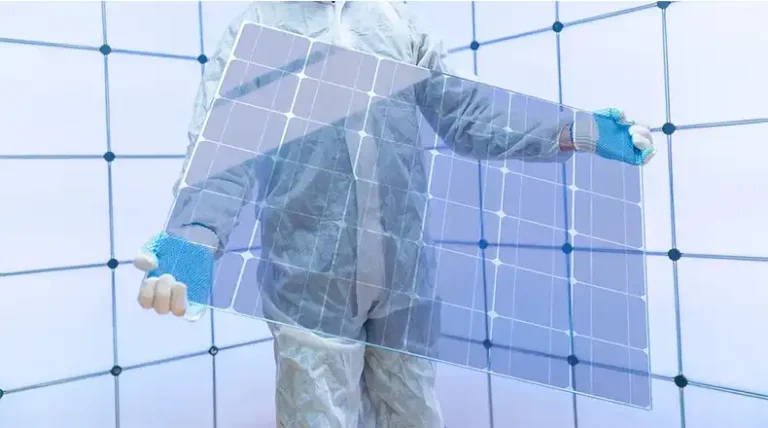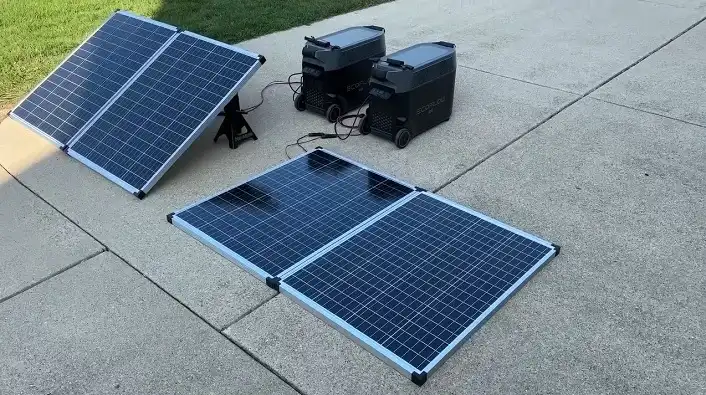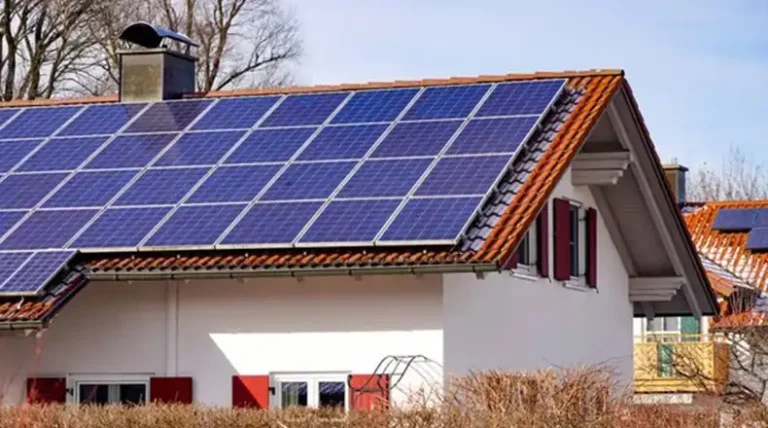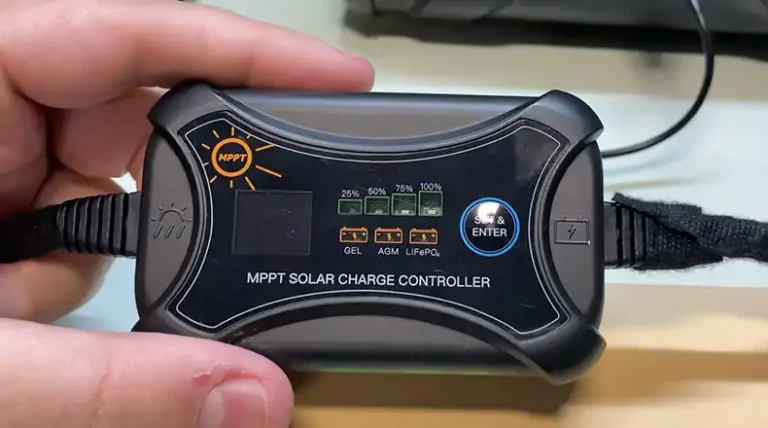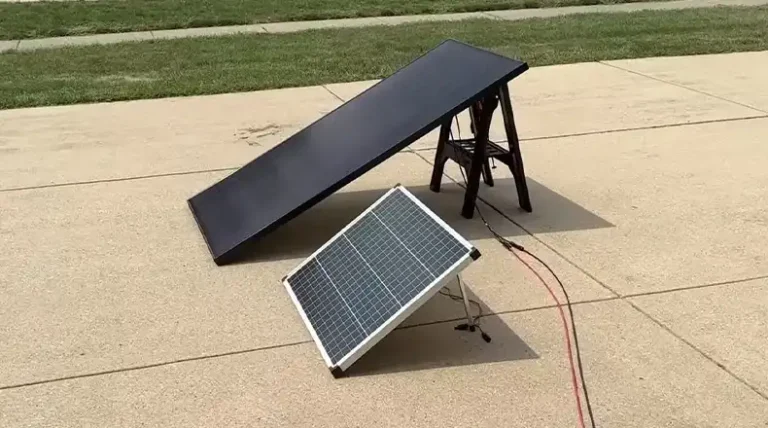Checklist For Selecting Solar Panel Installers
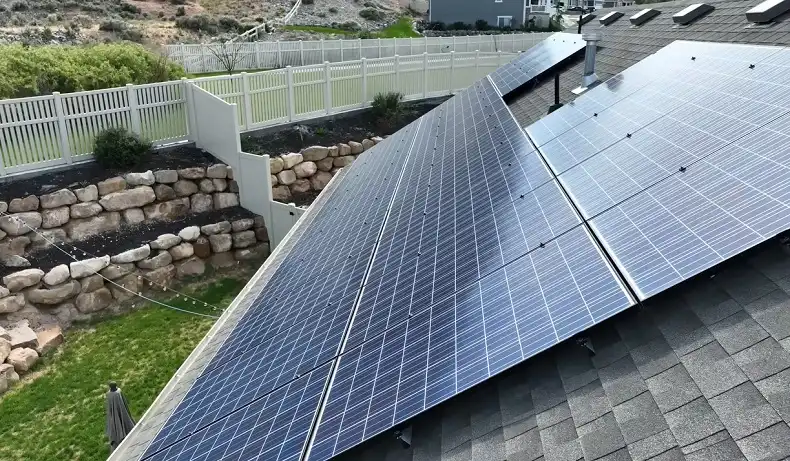
Choosing the right solar panel installer is crucial for ensuring a successful and cost-effective transition to solar energy for your home. With so many options available, it can be overwhelming to know where to start.
That’s why we’ve created this comprehensive checklist to guide you through the process of selecting a reliable, experienced, and trustworthy solar installer.
The most important factor to consider is the installer’s credentials and experience. Look for companies with at least three years of experience, proper licensing and certifications (such as NABCEP), and a strong track record of successful installations in your area.
By following this checklist, you’ll be well-equipped to make an informed decision and embark on your solar journey with confidence. Let’s dive into the key factors you should consider when choosing a solar panel installer for your home.
1. Researching Potential Installers
Before diving into the specifics of each installer, it’s essential to cast a wide net and gather information on multiple companies in your area. This initial research phase will help you create a shortlist of potential installers to consider further.
Experience And Track Record
When it comes to solar installations, experience matters. Look for companies that have been in business for at least three years. This demonstrates stability and a track record of successful projects.
Don’t hesitate to ask how many systems they’ve installed and if they have experience with installations similar to yours.
Licenses And Certifications
Ensure that any installer you’re considering holds the necessary licenses to operate in your state. These requirements can vary, so it’s worth checking with your local authorities to understand what’s required.
Additionally, look for industry-specific certifications, which we’ll discuss in more detail later.
Online Reviews And Testimonials
In today’s digital age, online reviews can provide valuable insights into an installer’s reputation. Check popular review sites, but don’t stop there.
Ask the installer for references from past customers, particularly those with systems similar to what you’re considering. Speaking directly with these references can give you a more nuanced understanding of the installer’s work.
2. Evaluating Installer Credentials
Once you’ve narrowed down your list, it’s time to take a closer look at each installer’s credentials. This step is crucial in ensuring you’re working with a qualified and reputable professional.
Industry-specific certifications
One of the most recognized certifications in the solar industry is from the North American Board of Certified Energy Practitioners (NABCEP).
Installers with NABCEP certification have demonstrated a high level of knowledge and commitment to professional standards. While it’s not the only certification out there, it’s certainly one to look for.
State And Local Licensing Requirements
Different states and municipalities may have specific licensing requirements for solar installers. Make sure your chosen installer meets all local regulations.
This not only ensures legal compliance but also indicates a level of professionalism and commitment to industry standards.
Insurance Coverage
Don’t overlook the importance of insurance. A reputable installer should carry both general liability insurance and workers’ compensation coverage. This protects you from liability in case of accidents or damage during the installation process.
3. Assessing Technical Expertise
The technical know-how of your installer can make a significant difference in the performance and longevity of your solar system.
Custom System Design Capabilities
Every home is unique, and so should be your solar system. A good installer will assess your energy needs, roof condition, and local climate to design a system that maximizes efficiency and savings. Be wary of one-size-fits-all solutions.
Knowledge Of Local Regulations And Incentives
Solar regulations and incentives can vary greatly by location. Your installer should be well-versed in local policies, permitting processes, and available incentives.
They should be able to guide you through these aspects and help you take advantage of any available rebates or tax credits.
Quality Of Equipment And Components Used
Ask about the brands and models of solar panels, inverters, and other components the installer uses.
While you don’t need to become an expert, understanding the quality and warranty of these components can help you make an informed decision.
4. Understanding the Installation Process
A clear understanding of what to expect during the installation process can help alleviate concerns and ensure a smooth experience.
Site Assessment And System Design
Before any work begins, your installer should conduct a thorough site assessment. This typically involves evaluating your roof’s condition, orientation, and shading, as well as your electrical system. Based on this assessment, they’ll design a system tailored to your home.
Permitting And Paperwork Handling
One of the benefits of working with an experienced installer is their ability to navigate the often complex world of permits and paperwork. Your installer should handle all necessary permits and grid interconnection agreements, keeping you informed throughout the process.
Installation Timeline And What To Expect
Ask for a clear timeline of the installation process. While unexpected delays can occur, a professional installer should be able to provide a reasonable estimate of how long the installation will take and what steps are involved.
5. Comparing Quotes and Pricing
While cost shouldn’t be the only factor in your decision, it’s certainly an important one. Here’s how to evaluate the financial aspects of your potential solar installation.
Transparency In Pricing Breakdowns
A reputable installer will provide a detailed breakdown of costs, including equipment, labor, and any additional fees. Be wary of quotes that seem unusually low – they may indicate subpar equipment or hidden costs.
Financing Options Offered
Many installers offer various financing options, from outright purchase to leases or power purchase agreements (PPAs). Understand the pros and cons of each option and how they align with your financial goals.
Warranties And Guarantees
Look closely at the warranties offered. This should include warranties on the equipment (typically 25 years for panels), as well as a workmanship warranty from the installer (often 10 years).
Understanding what’s covered – and for how long – can provide peace of mind and protect your investment.
6. Examining Customer Service And Support
The relationship with your solar installer doesn’t end once the panels are on your roof. Ongoing support is crucial for the long-term success of your solar system.
Communication And Responsiveness
Throughout the process, pay attention to how the installer communicates. Are they prompt in responding to your questions? Do they explain things clearly? Good communication is a sign of good service.
After-Installation Support And Maintenance
Ask about what kind of support you can expect after the installation. Some companies offer monitoring services to ensure your system is performing optimally. Understand what maintenance might be required and whether the installer provides these services.
Handling Of Warranties And Repairs
In the event that something goes wrong, you want to know you’re covered. Discuss how the installer handles warranty claims and repairs. A good installer will make this process as smooth as possible for you.
7. Red Flags to Watch Out For
While most solar installers are reputable, it’s important to be aware of potential warning signs.
High-Pressure Sales Tactics
Be wary of installers who use aggressive sales techniques or try to rush you into a decision. A reputable company will give you the time and information you need to make an informed choice.
Unrealistic Promises Or Guarantees
If an offer seems too good to be true, it probably is. Be skeptical of installers who make promises of unrealistic energy savings or guarantee specific results without a thorough assessment.
Lack Of Transparency Or Reluctance To Provide Information
A trustworthy installer should be open and transparent about their process, pricing, and the products they use. If an installer is evasive or reluctant to provide detailed information, consider it a red flag.
8. Making Your Final Decision
After considering all these factors, it’s time to make your decision.
Weighing all factors
While it can be tempting to focus solely on price, remember to consider the full picture. The cheapest option isn’t always the best in the long run.
Consider the installer’s experience, the quality of their work, and the level of service they provide.
Trusting your instincts
After doing your research and asking questions, trust your instincts. If something doesn’t feel right about a particular installer, it’s okay to move on to another option.
Moving forward with confidence
Once you’ve made your decision, move forward with confidence. With thorough research and careful consideration, you’ve set yourself up for a successful solar installation.
Summary
Choosing the right solar panel installer is a crucial step in your journey towards clean, renewable energy. By following this checklist, you’ve armed yourself with the knowledge to make an informed decision.
Remember, the best installer for you will be one that combines experience, quality products, fair pricing, and excellent customer service. Don’t rush the process – take the time to find an installer you trust.
With the right partner, you’ll soon be enjoying the benefits of solar energy, from lower electricity bills to a reduced carbon footprint. Here’s to a brighter, cleaner future powered by the sun!

